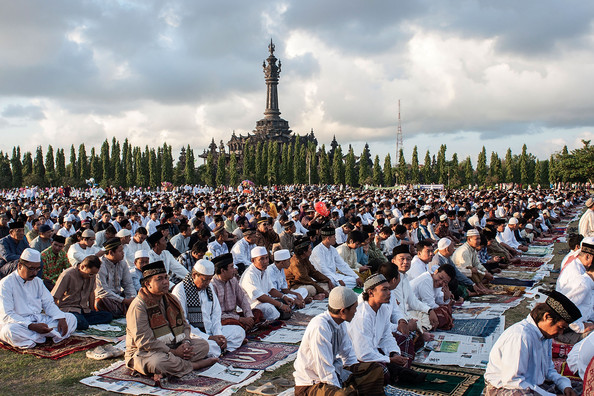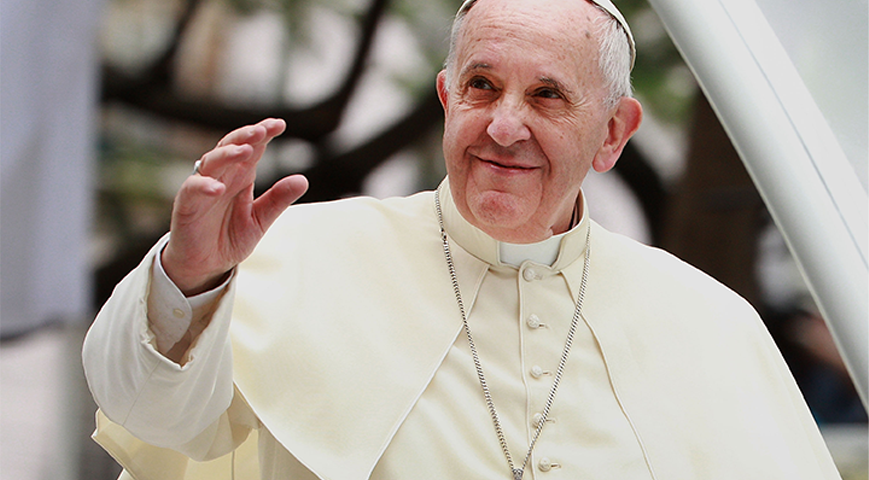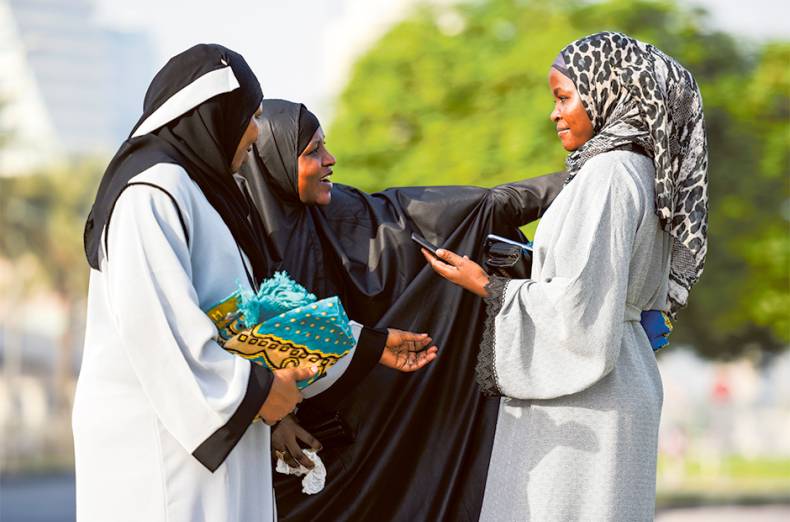Ramadan, the ninth month of the Islamic calendar, is a crucial period for Muslims worldwide. This month, Muslims fast from sunrise to sunset, preceding food, water, and other necessities.
Ramadan is a month of religious introspection, personal growth, and increased devotion to God. It is self-control, self-discipline, and empathy for others. Ramadan's teachings go beyond simply refraining from water and food; this month teaches us vital life lessons that we may apply daily. Self-discipline is one of the most important lessons of Ramadan.
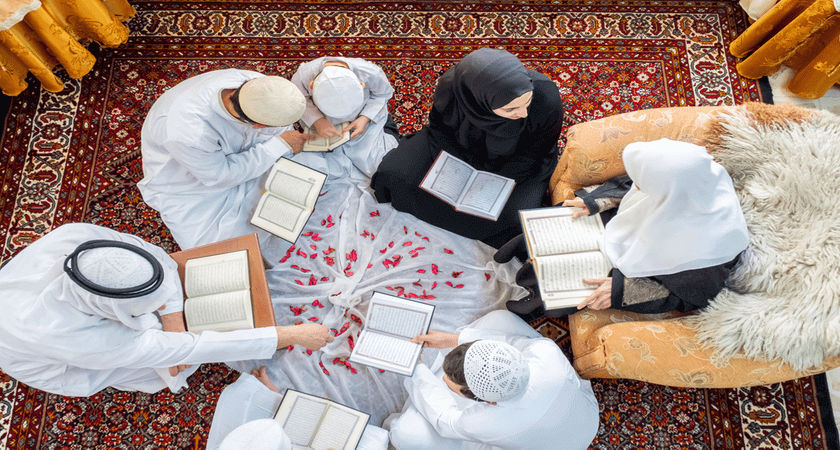
Fasting necessitates a great deal of self-discipline and self-control. Muslims must manage their wants, inclinations, and emotions during the day and prevent evil thoughts, words, and deeds. It teaches us to be more disciplined in all aspects of our lives, whether at work, in our relationships, or in our aspirations.
We discovered that with self-discipline, we could accomplish anything. Another essential value taught by Ramadan is empathy and compassion. When Muslims fast, they feel hunger and thirst and are reminded of people who do not have access to food or clean water.
Did you read this?
This increases their empathy for others and teaches them to be kind and generous. Muslims are encouraged to give to charity, feed the poor, and assist those in need during Ramadan. It enables us always to be conscious of the needs of others and to be willing to help those less fortunate than ourselves.
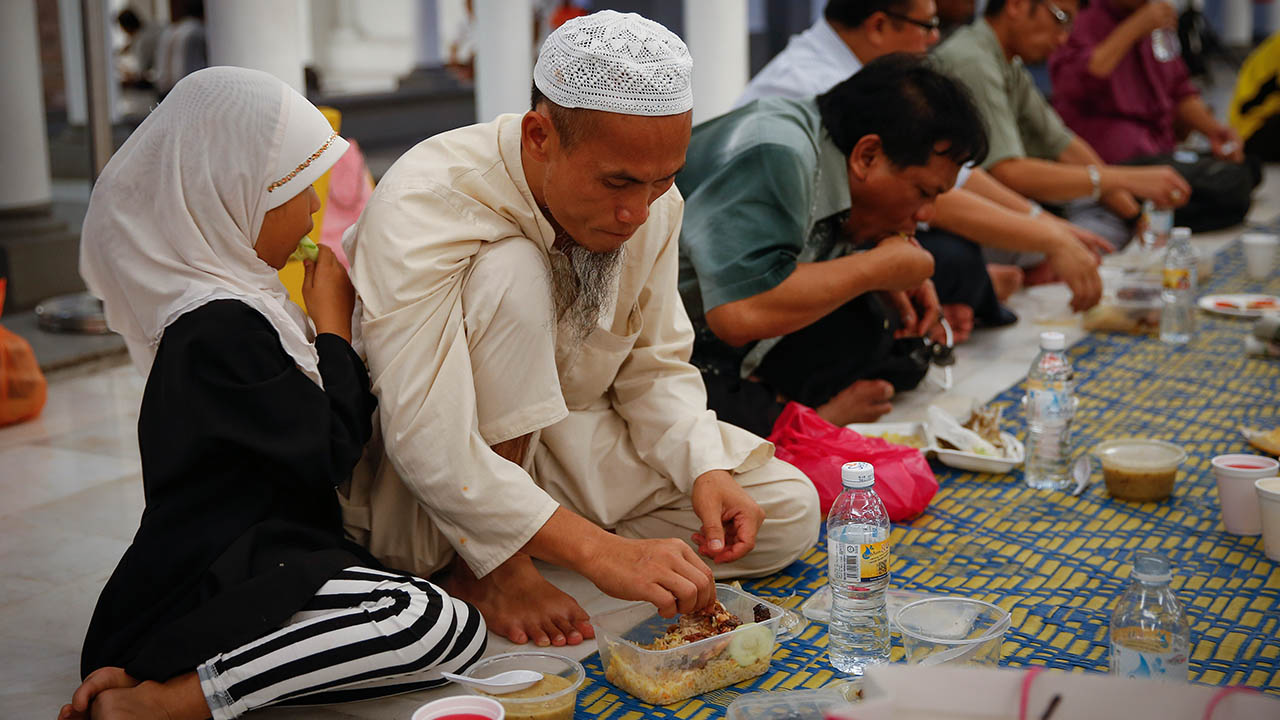
Ramadan also teaches us the value of contemplation and spiritual development. During the month, Muslims are encouraged to reflect on their acts, thoughts, and conduct and intentionally improve themselves.
Paying more attention to your prayers, reading the Qur'an, and being friendlier to others are all examples of this. This allows individuals to strengthen their spiritual connection with God and become a better version of themselves.
Ramadan also promotes the importance of community and cooperation. During Ramadan, Muslims meet for iftar (the meal that breaks the fast at dusk) and Taraweeh prayers (in addition to evening prayers). It fosters a sense of belonging and reminds us that we are all members of a more significant community. It teaches us to be more tolerant and accepting of others, regardless of their background, beliefs, or ideas.

